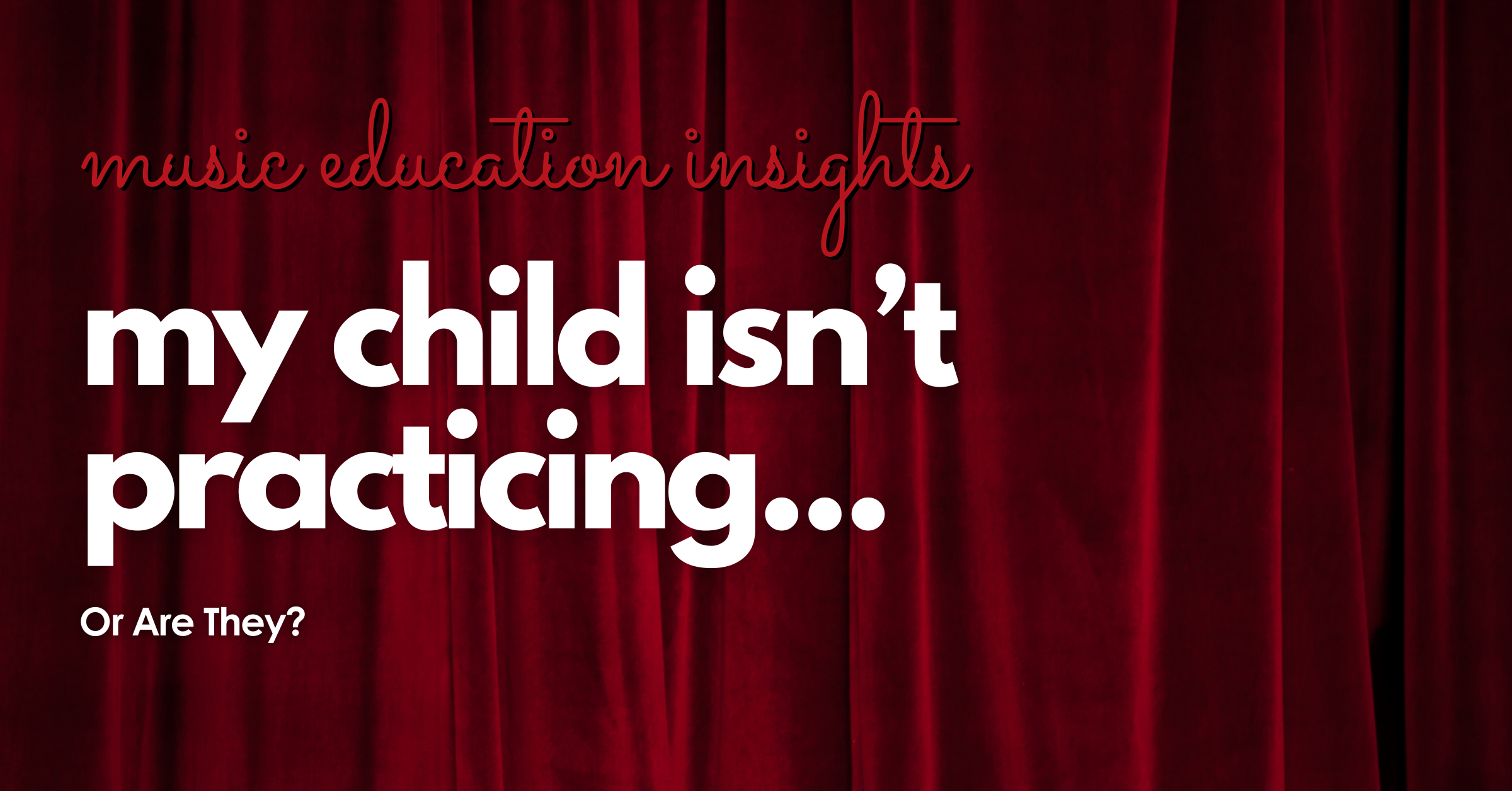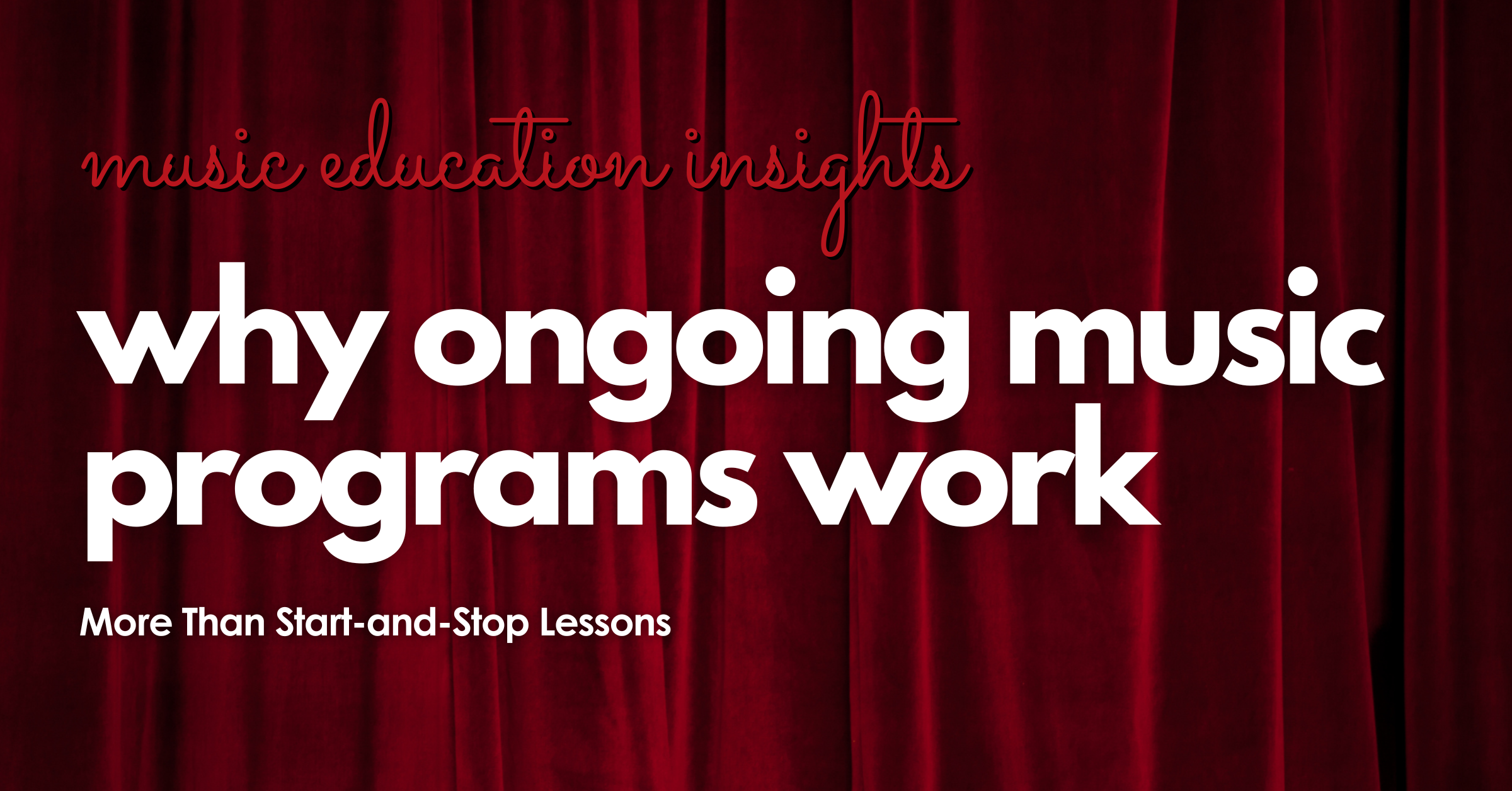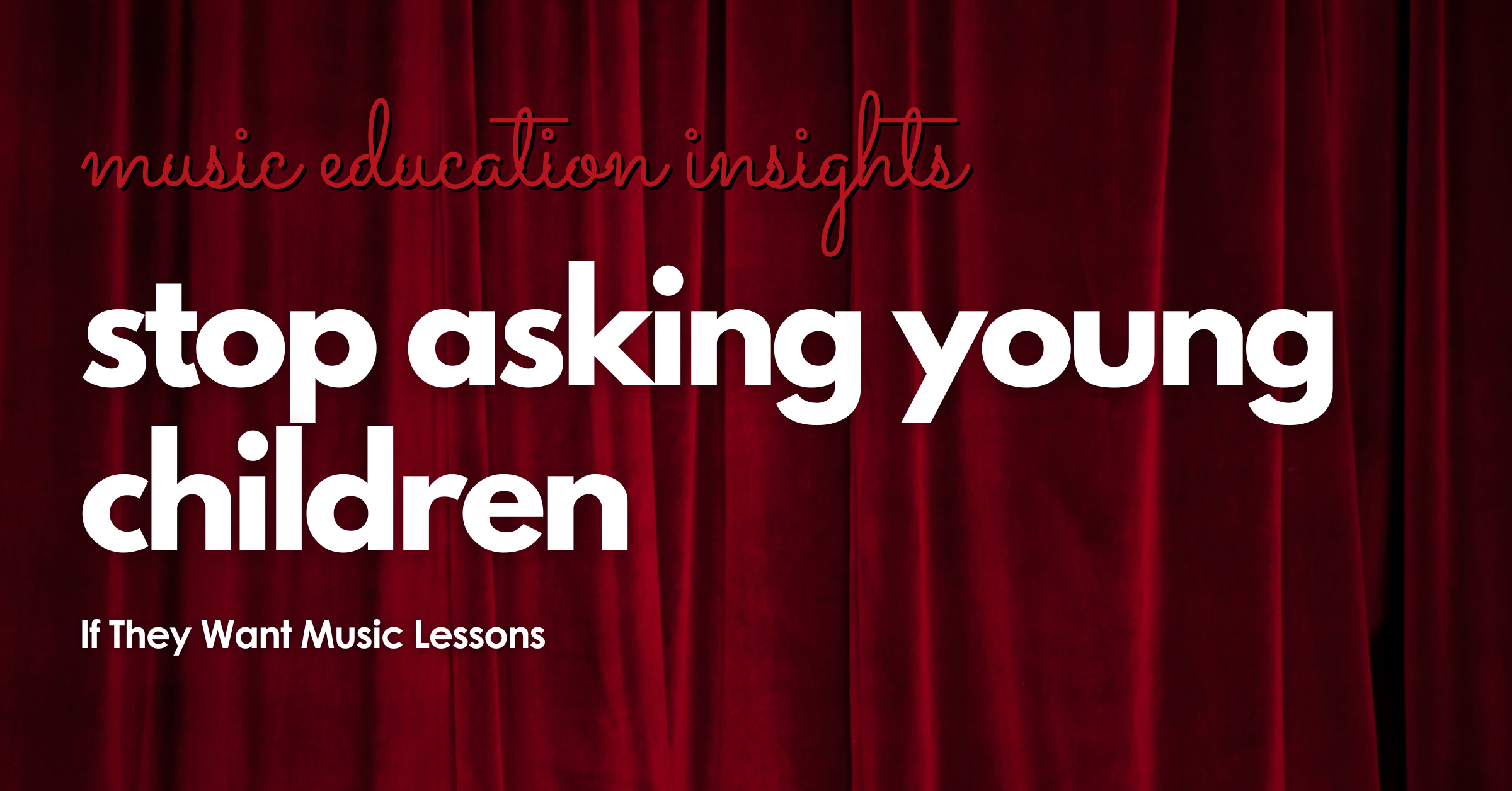By Mindy Cabral, The Magazine of Santa Clarita, February 2009
There are many different approaches and programs available for music students. Some children begin in a group music class while others may begin private piano lessons. So, how do you know what is right for your child?
Here are some things to consider when making your decision:
1. Your Child’s Age
Along with age comes maturity and ability. A 3-year old child may be able to sit at the piano and play for a few minutes showing musical interest, but it doesn’t mean they are ready for private piano lessons. Children need to know the alphabet, numbers, and be able to move each of their fingers independently before beginning to learn piano. Children under 4 years old will benefit more from a group music class that teaches basic fundamentals such as: steady beat, rhythm patterns, pitch matching, musical vocabulary, movement, and timing skills.
2. Your Child’s Musical Background
If your child has been in private lessons or a music class before, it is a good idea to get an assessment from a music teacher to see what level they are currently at and to discuss what options are available. You might want to consider a music class at or just below your child’s current level. A little review never hurts (especially if it’s been a while) and it also may help boost your child’s confidence getting back into music. If you continue in private lessons, I’d encourage joining a musical ensemble of some kind too. From an orchestra to a trio, playing with other people is an important skill to practice.
3. Future Goals for Your Child
Does your child want to be the next Hannah Montana? Does your child dream of performing on the stage of Carnegie Hall? Even if you want your child to just enjoy playing a few songs, the one thing you have to do is practice! The question is how much time can you honestly dedicate to practicing, and what is appropriate for your child at this point in their life. Practicing can be a struggle, but children can learn and grow more during the difficult practice times. Experiencing ups and downs as you learn is normal. Don’t give up! Communicate with your teacher to set reasonable goals with your child. Create a plan to help your child achieve their goals.
© copyright 2009



